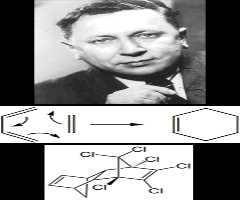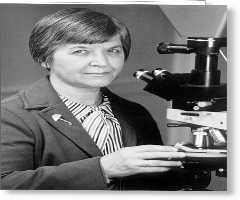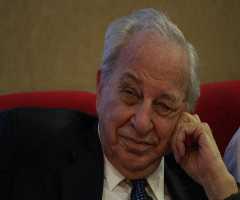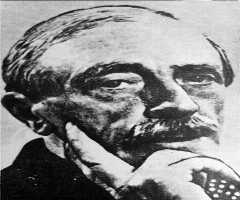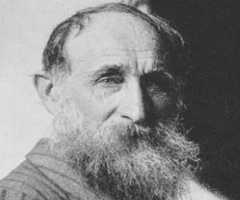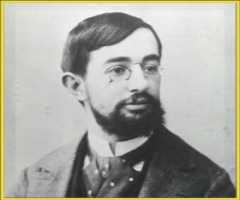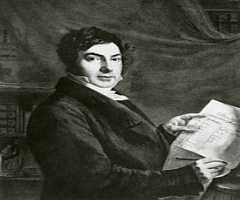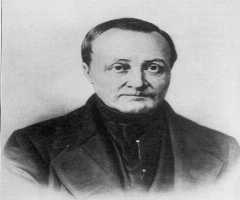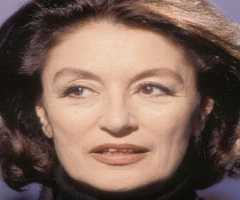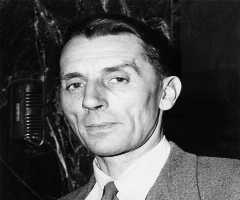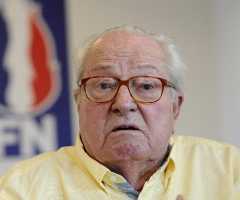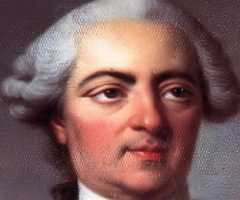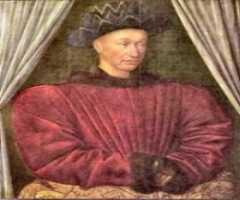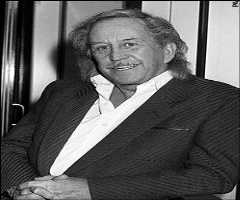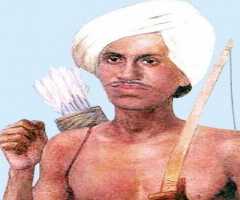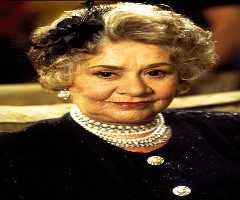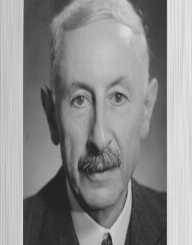
Paul Sabatier Biography, Life, Interesting Facts
Early Life And Education
Paul Sabatier was born 5th November 1854, in Carcassonne, France. After attending local schools, Paul Sabatier began to study at Ecole Normale Superieure in 1874. He graduated in 1877.
In 1878 he began as a laboratory assistant at the University of Paris, where he completed his Doctorate of Science in 1880.
Career
After graduating, Paul Sabatier joined the Faculty of Science at the University of Bordeaux, in the capacity of Maitre de Conference (Assistant Professor) of Physics. In 1882, Paul Sabatier was appointed as a teacher in physics at the University of Toulouse. He then became a Professor of Chemistry at the university in 1884, a position he held until he retired in 1930.
Paul Sabatier co-founded a multidisciplinary journal in 1887 with several of his colleagues, and in 1905 he was appointed Dean of the Faculty of Science, still at the University of Toulouse. He continued his research over the ensuing years, primarily in the field of catalytic syntheses in organic chemistry. He published his findings in 1913, in what would be his most notable book, La Catalyse en Chimie Orgarnique (Catalysis in Organic Chemistry). The book was later also translated into English.
Paul Sabatier played a major role in hydrogenation being used in the industrial sector. His process was called the Sabatier reaction, and it was to do with the use of hydrogen with carbon dioxide at a high temperature, using nickel as a catalyst to form water and methane.
Awards And Honors
Paul Sabatier won several awards and received many honors. Some of the more notable are:
1912: Nobel Prize for Chemistry
1918: Royal Medal – The Royal Society of London
1933: Franklin Medal
He was also honored as a Commander of the Legion d’Honneur.
Personal
Paul Sabatier was married and had four children, all daughters.
More Chemists
More People From Occitanie
-
![Paul Valery]()
Paul Valery
-
![Aristide Maillol]()
Aristide Maillol
-
![Henri De Toulouse-Lautrec]()
Henri De Toulouse-Lautrec
-
![Carlos Gardel]()
Carlos Gardel
-
![Jean-François Champollion]()
Jean-François Champollion
-
![Auguste Comte]()
Auguste Comte

